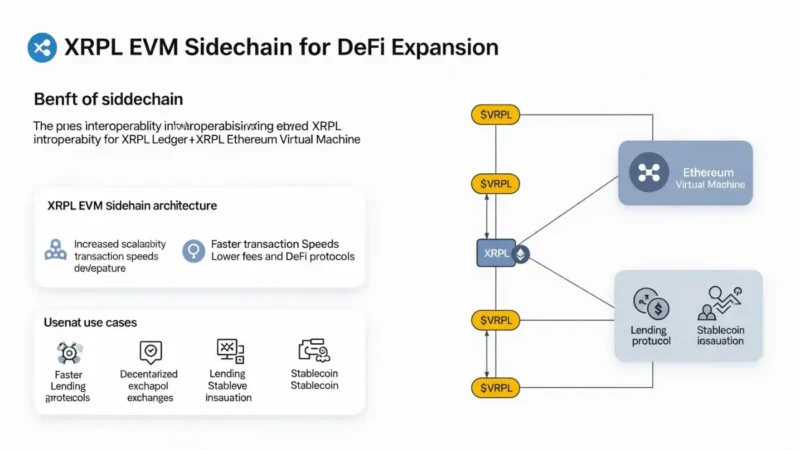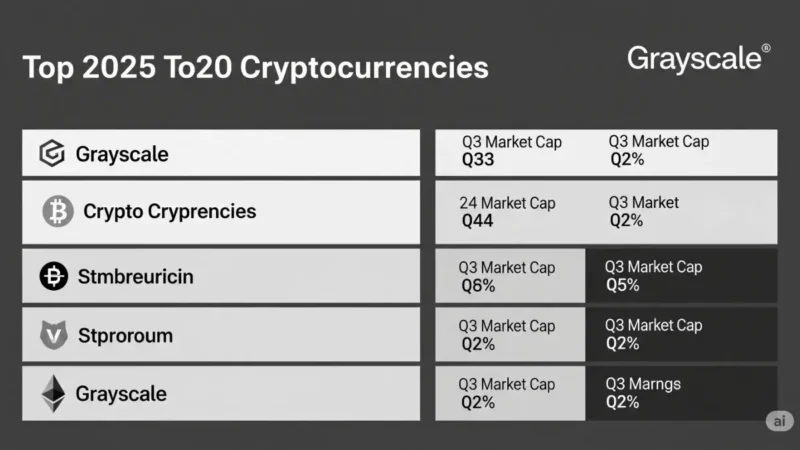Tornado.cash Sanctions: Lawsuit to Save Crypto

The interest group Coin Center is suing the US Treasury in the Tornado.cash sanctions case. The heads of the institution consider the process to be trend-setting. It is of enormous importance for the further relationship between the USA and cryptocurrencies. Therefore, the director even declares: The lawsuit is intended to save crypto.
Coin Center sues US Treasury Department
In August , the US Treasury sanctioned the Ethereum mixer Tornado.cash. It is the second event of this kind and yet a special turning point. A few months earlier, sanctions had already hit the Bitcoin mixer Blender.io.
The US Treasury Department accuses both services of being involved with the North Korean hacker group Lazarus. These have already declared US authorities responsible for several cases of crypto hacks.
The crypto hack with the most losses to date is said to be the work of the Lazarus Group . It is considered the largest association of its kind in the world. In order to cover up their tracks, the hackers then used crypto mixers such as Blender or Tornado.cash.
So the services came into the focus of the US authorities. The traces of the attackers can be traced back up to there, but then it loses itself. For the hackers, these services are an important point.
By successfully using the crypto mixers, Lazarus was able to disappear unseen with the stolen cryptocurrencies in most cases. For the first time managed to track and recover part of the funds .
Now the blockchain interest group Coin Center is bringing charges against the US Treasury Department. Its OFAC department broke applicable laws. According to the institution’s assessment, the outcome of the lawsuit is trend-setting.
That’s why the Tornado.cash sanctions are a turning point
There has been some new news and twists in the Tornado.cash case so far. CoinPro has reported extensively on the incident over the past two months. A developer has been in police custody for a month and a half.
Although the principle behind Tornado.cash and former Bitcoin colleague Blender.io is similar, the way they work couldn’t be more different. Blender works like a private company.
The developer kept his customers’ Bitcoin in personal custody and, as a pool of different users, ensured more privacy. Tornado.cash, on the other hand, is a dApp based on a smart contract . As such, it is neutral and automated.
The US sanctions thus affect an open-source protocol that runs on a decentralized blockchain . There is no central company, just a DAO. Every user is free to use it regardless of their identity.
These are the allegations against the US Treasury Department
Coin Center director Jerry Brito recently announced that the lawsuit has been filed against the US Treasury Department. Several individual plaintiffs join this. A press release provides details of the lawsuit.
OFAC does not have the power to sanction a smart contract, and Americans have a right to use privacy tools.
This is the summary of the interest group. Specifically, the US Treasury Department and its OFAC are accused of the following four points:
First, OFAC has no authority to sanction Tornado.cash at all. The International Emergency Economic Powers Act states that only entities that are majority foreign-owned may be targeted by economic sanctions.
However, there is no company behind the mixer at all. In addition, no sanctionable transaction takes place, since the holder’s funds remain under his control at all times.
Secondly, OFAC has no authority to enforce the sanctions it has issued at all. Third, the assets of innocent Americans are being unnecessarily curtailed.
Fourth, freedom of association will be restricted as Americans are forced to make all payments on a transparent blockchain. Anonymous donations are hardly feasible anymore.
Tornado.cash sanctions should be stopped
If Coin Center wins the legal dispute, all sanctions against the ETH mixer will be stopped, the institution explains. Director Brito considers this to be realistic. In addition, you declare your willingness to go through any legal authorities.
Privacy is normal, and if we win our case, Tornado Cash usage will be back to normal.
Coin Center closes his blog entry. In general, the outcome is decisive for how the USA deals with cryptocurrencies. If the sanctions receive legal legitimacy, sanctions against entire cryptocurrencies and their network are conceivable.
This could then affect Ethereum in general or other cryptos such as Bitcoin. For this, they would only have to fall out of favor with the state – but authorities and cryptocurrencies are usually not great friends anyway.
Although drastic measures are not conceivable or only conceivable with enormous effort, minor restrictions are easy to implement.



